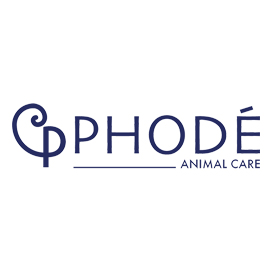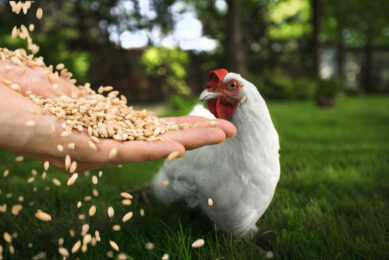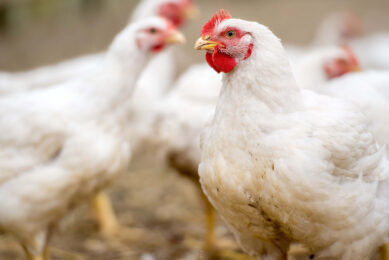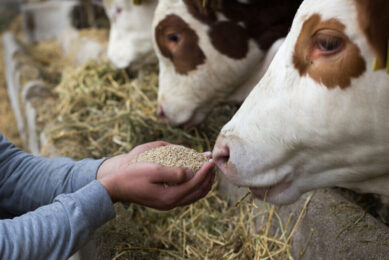A holistic approach to functional aromas
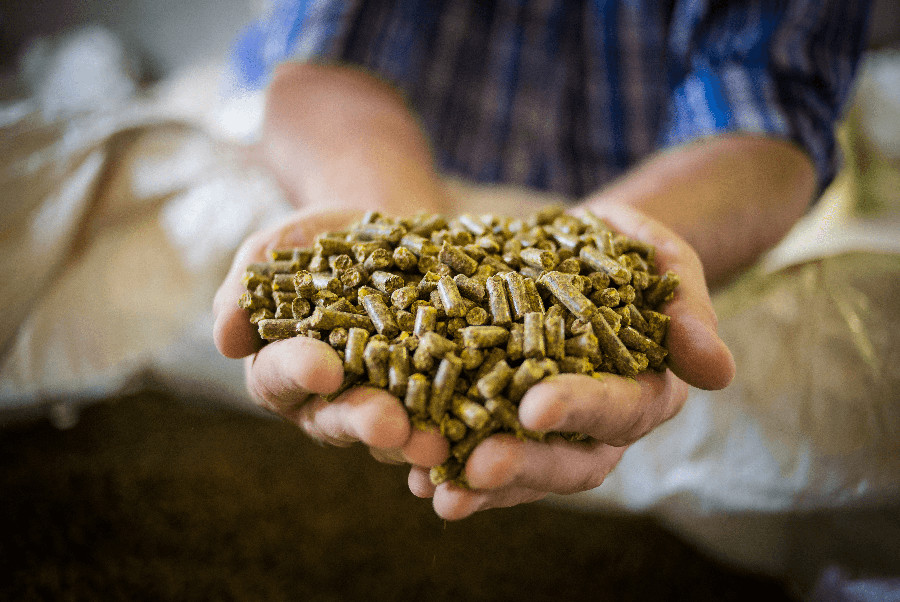
Aromas have been used for many years in animal production and their presence provides users with the assurance that the feed is palatable. With young animals, this represents an even more vital challenge.
By understanding the major impact that aromas have on animal behaviour and the methodology behind their creation, is a reminder of their main purpose: namely, helping to safeguard the animal within a high productivity environment, in order to achieve ‘Better-Being’.
5 key stages of functional aroma development
Taking a holistic approach with a scientific basis, there are 5 key stages in developing functional aromas. Defining and creating aromas that are recognised favourably by production animals relies on various areas of expertise that go beyond the field of aromatics.
Stage 1: Creation of a functional olfactive library.
Firstly, the molecules which are favourably recognised by the animal need to be identified. Then the optimum concentration ranges of detection and acceptance needs to be defined, for each of these molecules. A synergistic combination of the favourably recognised molecules is needed in order to create Phodé functional nuclei and signature molecules specific to each species and physiological stage.
Stage 2: Validation of the neuro-sensory properties of Phodé nuclei.
A study can measure the impact of Phodé sensory nuclei on the brain (pig model). Then the activation hypotheses relating to the pleasure and reward neuronal circuits can be validated.
Stage 3: Aroma balancing
Expert flavourists select the nuclei to be incorporated into the aroma formulation from the functional olfactive library, based on the specification provided, (target species, physiological stage, specific problem). Specifically designed for olfactive perception by the animal, the sensory profile of this initial formulation is practically imperceptible to humans. The expert flavourists balance the sensory profile of the aroma in accordance with market demands: aroma identity, required intensity, final application, economic target, resistance to technological processes, etc.
Even with today’s analytical measurement instruments, it is not currently possible to control and underpin the sensory complexity of an aroma. A trained internal sensory panel is therefore responsible for evaluating aroma conformity: blind olfactive and taste tests (the aroma in pure form as well as when incorporated into various final applications) masking diagnostics, discrimination tests, etc.)

Stage 4: Galenic optimisation and physico-chemical validations
As with any volatile product, loss of intensity constitutes a major non-conformity risk for aromatic products. In order to overcome this issue, Phodé has developed the exclusive galenic technology “Crystalik impregnation” which means it can guarantee that aromas remain present for as long as 3 to 12 months.
The aroma’s conformity from a physico-chemical perspective is therefore validated via a series of tests conducted within the Phodé analytical laboratory: Homogeneity testing, granulation study, granulometry study, accelerated ageing, morphological analysis, stability study and gas chromatography-mass spectrometry.
Stage 5: Behavioural validation
Various types of measurement make it possible to validate the appeal for the animal of the aroma developed. These measurements must be taken within the framework of precisely defined and characterised testing protocols and experimental designs. The purpose of these protocols is to correctly distinguish between the benefits attributed to the sensory characteristics of the feed and the results attributed to digestive, metabolic or hormonal changes, induced by different meals.
Differences in measurements
There are also differentiates between consumption measurements and behavioural measurements.
Consumption measurements are:
- The quantities ingested in the first few minutes after the feed is introduced, (reduces the risk of bias in post-digestive effects)
- Speed of ingestion at the beginning of a meal (relating to the animals’ motivation to eat the feed)
- Aqueous solution testing of aroma (enables testing which is not influenced by the sensory characteristics of the substrate)
- Testing of aromatised feed in pairs (feed selection situation), then in combinations (enables exclusive or uninterpretable responses to be avoided).
Behavioural measurements:
These measurements evaluate the motivation of the animal to eat the feed rather than assessing the result of this motivation which is ingestion. We can therefore analyse:
- The behaviour associated with ingestion of the feed when freely available
- The behaviour displayed in order to access a chosen feed (with several levels of access difficulty)
Conclusion
This scientific expertise has therefore enabled Phodé to develop a wide range of functional aromas designed for the young animal and its ‘Better-Being’. Using the right aroma at the right moment in feeding makes it possible to improve various aspects of behaviour, ensuring the ‘Better-Being’ of the animals, and creating a more suitable and productive environment.
Author: Amélie Poux, product manager, Aromas and Sweetening Agents, Phodé


